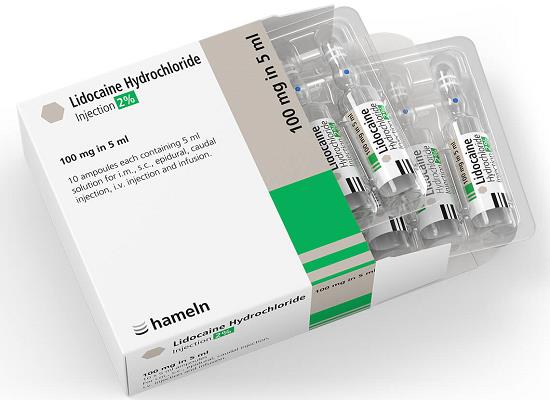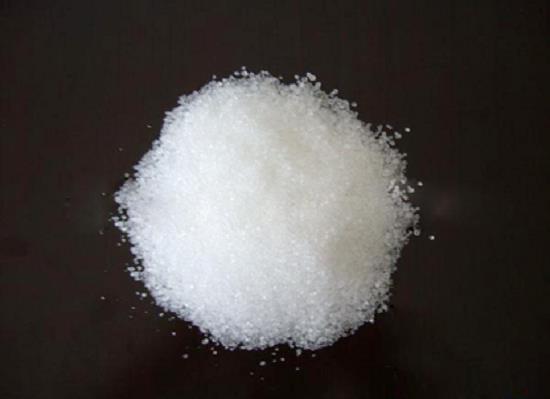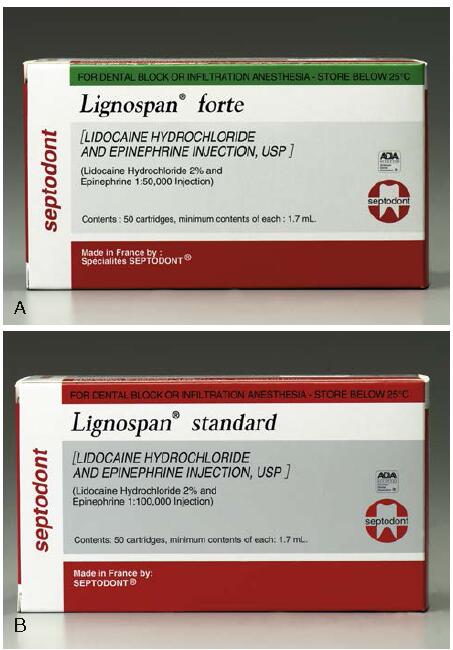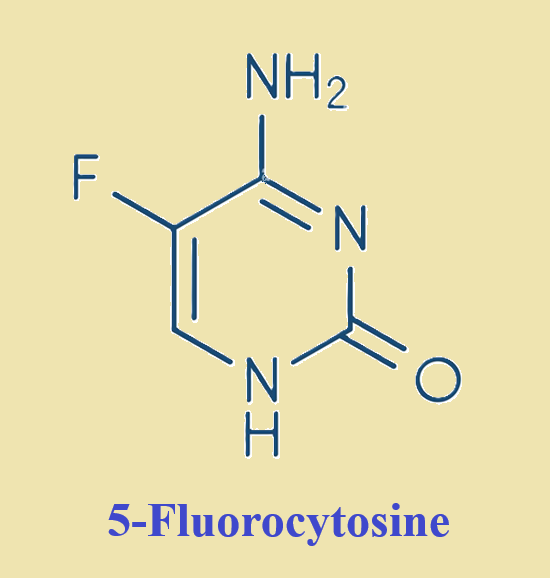Lidocaine hydrochloride for Chronic Pain Treatment
General Description
Lidocaine hydrochloride has demonstrated significant effectiveness in reducing non-specific chronic pain, including peripheral neuropathy, post-herpetic neuralgia, diabetic peripheral neuropathy, and persistent surgical site pain. It has also shown promise in reducing neuropathic pain symptoms, although individual responses may vary. Lidocaine hydrochloride plasters have been found to effectively reduce pain levels and improve quality of life in patients with chronic low back pain and may be a potential option for patients who do not respond well to conventional treatments for osteoarthritis. Further studies are needed to confirm these findings and establish the efficacy of Lidocaine hydrochloride plasters in managing musculoskeletal pain.

Figure 1. Injection of lidocaine hydrochloride
Non-Specific Chronic Pain
Lidocaine hydrochloride is a medication commonly used in the treatment of non-specific chronic pain. Several studies have investigated the effectiveness of Lidocaine hydrochloride plaster in reducing neuropathic symptoms and allodynia (pain caused by non-painful stimulus) in patients with peripheral painful neuropathy. It has been found that Lidocaine hydrochloride plaster can significantly reduce the area of allodynia, leading to an improvement in the quality of life for patients. A systematic review and meta-analysis of 229 articles have suggested weak GRADE recommendations for Lidocaine hydrochloride plaster as a second-line treatment option. However, it is particularly recommended for peripheral neuropathic pain (PNP) and elderly patients, where it can be considered a first-line treatment option. Comparisons between Lidocaine hydrochloride plaster and other medications, such as pregabalin, have shown no clear difference in efficacy. However, Lidocaine hydrochloride plaster has been found to have a better adverse event profile. Studies have also shown the effectiveness of topical Lidocaine hydrochloride, such as lidocaine cream, in reducing pain intensity in conditions like post-herpetic neuralgia (PHN), diabetic peripheral neuropathy (DPN), and peripheral painful neuropathy (PPN). Overall, lidocaine hydrochloride, in the form of plaster or cream, has demonstrated significant effectiveness in reducing pain and improving the quality of life for patients with non-specific chronic pain. 1
Neuropathic Pain
Neuropathic pain is a complex and challenging type of chronic pain that occurs due to damage or disease affecting the somatosensory system in the peripheral or central nervous system. It is estimated to affect around 6.9-10% of the global population. Several studies have investigated the effectiveness of lidocaine hydrochloride in treating neuropathic pain, particularly using lidocaine plaster (5% lidocaine patch, also known as 5LP). In randomized controlled trials and prospective studies, lidocaine plaster has shown positive results in reducing neuropathic pain symptoms. It has been found to effectively reduce pain intensity, psychophysical responses, and clinical allodynic symptoms associated with neuropathic pain. For example, a study on persistent surgical site pain demonstrated a clinically relevant reduction of pain in the lidocaine plaster group compared to placebo. Another study showed a significant reduction in pain scores in patients with traumatic nerve injuries. However, there have been some studies that did not show a significant reduction in pain intensity with Lidocaine hydrochloride plaster, such as in cancer patients with persistent incisional pain or persistent inguinal postherniorrhaphy. Overall, lidocaine hydrochloride in the form of plaster has shown promise in reducing neuropathic pain symptoms, but individual responses may vary, and additional studies are warranted to fully understand its potential in managing this challenging type of pain. 1
Musculoskeletal Pain
Musculoskeletal pain refers to pain that affects different structures of the musculoskeletal system, including nerves, tendons, muscles, joints, ligaments, bones, and blood vessels. It is associated with various musculoskeletal diseases and can have a significant impact on productivity, quality of work, and healthcare systems. Research has been conducted on the use of lidocaine hydrochloride, specifically in the form of lidocaine plasters, for the treatment of CLBP and osteoarthritis (OA). The findings from two randomized controlled trials (RCTs) and several prospective studies have shown positive results in reducing pain levels and improving quality of life in patients with CLBP. Functional magnetic resonance imaging studies have also demonstrated a decrease in pain-related brain activity after Lidocaine hydrochloride plaster treatment. In the case of OA, topical analgesics such as nonsteroidal anti-inflammatory drugs (NSAIDs) and capsaicin are recommended, but the use of Lidocaine hydrochloride plasters is less documented. However, an open-label RCT comparing Lidocaine hydrochloride plaster with celecoxib (an NSAID) for knee pain associated with OA showed no significant difference in effectiveness and tolerability between the two treatments. While Lidocaine hydrochloride is not currently indicated for OA, these preliminary studies suggest that Lidocaine hydrochloride plasters may be a potential option for patients who do not respond well to conventional treatments. Further randomized and controlled trials are needed to confirm these findings and establish the efficacy of Lidocaine hydrochloride plasters in the management of musculoskeletal pain. 2
Reference
1. Voute M, Morel V, Pickering G. Topical Lidocaine for Chronic Pain Treatment. Drug Des Devel Ther. 2021;15:4091-4103.
2. Kivitz A, Fairfax M, Sheldon EA, et al. Comparison of the effectiveness and tolerability of lidocaine patch 5% versus celecoxib for osteoarthritis-related knee pain: post hoc analysis of a 12 week, prospective, randomized, active-controlled, open-label, parallel-group trial in adults. Clin Ther. 2008;30(12):2366–2377.
You may like
Related articles And Qustion
See also
Lastest Price from Lidocaine hydrochloride manufacturers

US $0.00-0.00/kg2025-06-13
- CAS:
- 73-78-9
- Min. Order:
- 1kg
- Purity:
- 99.99%
- Supply Ability:
- 2000kgs

US $10.00-20.00/kg2025-06-06
- CAS:
- 73-78-9
- Min. Order:
- 1kg
- Purity:
- 99.78% HPLC
- Supply Ability:
- 20000kgs/month




